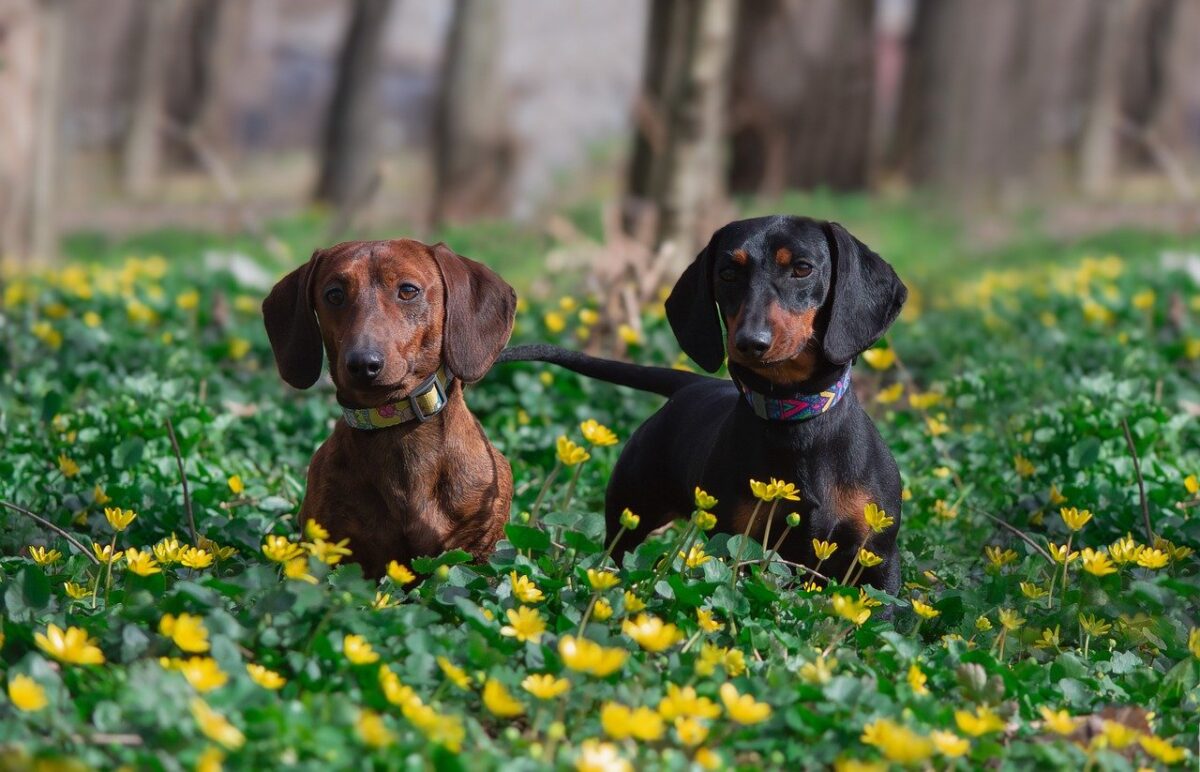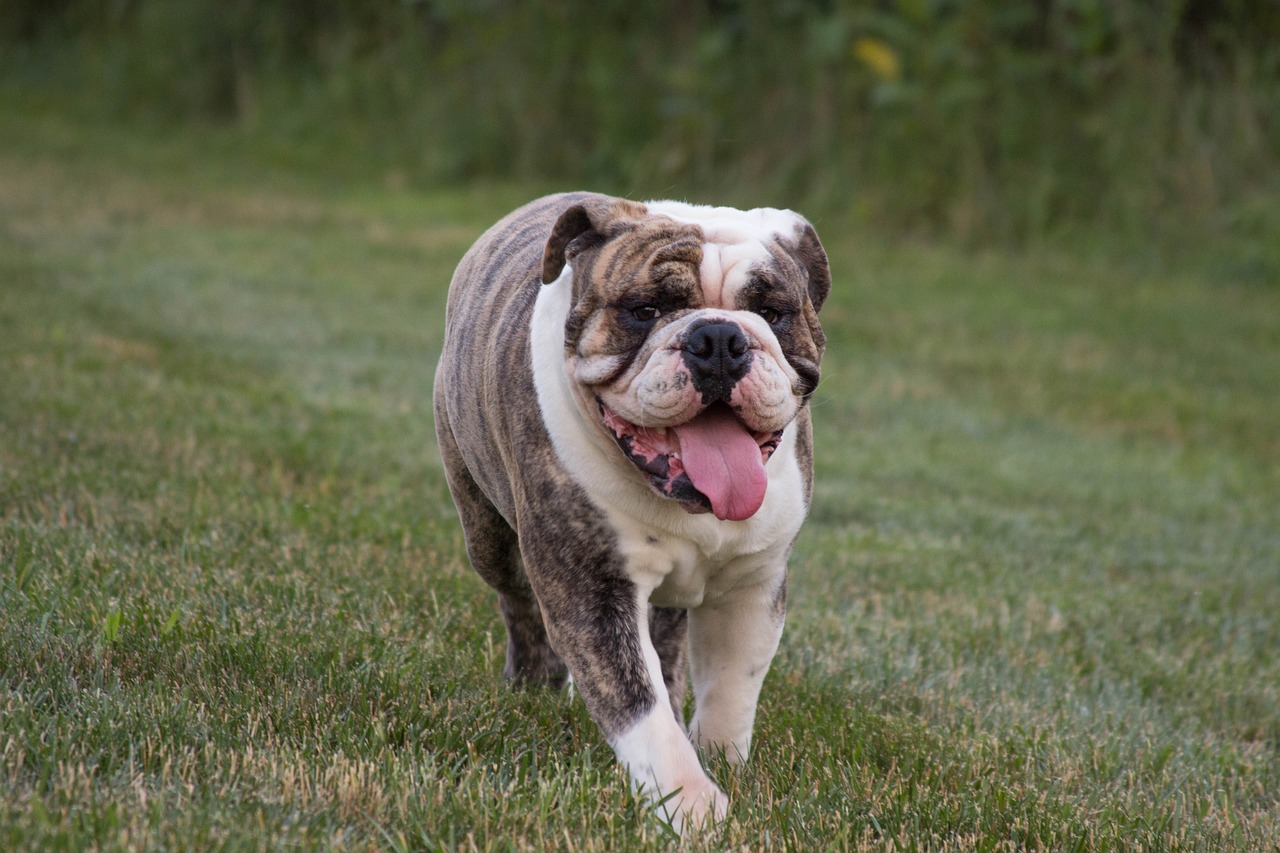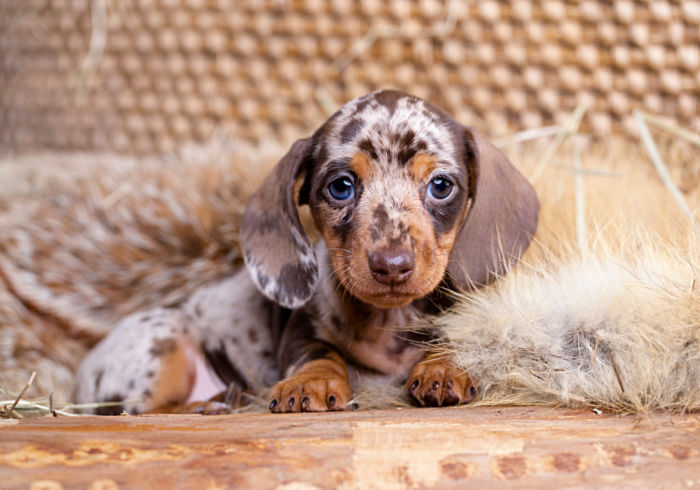Shutterstock
Dachshunds are among the most distinctive dog breeds, with long bodies, short legs, and big, spirited personalities. Known fondly as “wiener dogs” or “sausage dogs,” these little pups bring charm and joy wherever they go. While their adorable looks and playful nature make them incredibly popular, Dachshunds come with unique needs and quirks that potential owners should know. From their strong hunting instincts to their knack for snuggling, these small dogs have big personalities and specific needs that make them truly one of a kind.
Dachshunds Have a Strong Prey Drive
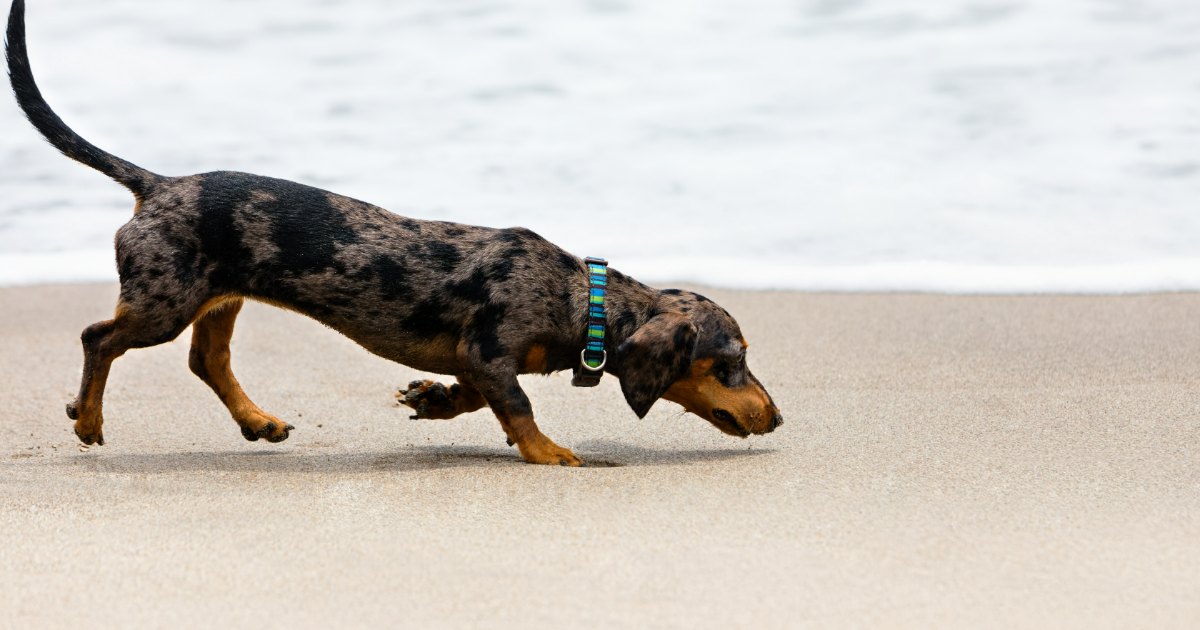 Shutterstock
Shutterstock
Dachshunds were originally bred in Germany to hunt badgers, rabbits, and other burrowing animals. Their hunting instincts remain strong today and often display a high prey drive. They may be strongly urged to chase small animals or follow scents. Owners may find that their Dachshund loves digging or becomes very focused when seeing a squirrel or rabbit outside. This instinct can be both endearing and challenging, so it’s important to be aware of it, especially if you have other small pets or live in an area with wildlife.
They’re Surprisingly Stubborn
 Shutterstock
Shutterstock
Dachshunds are known for their stubbornness, which can make training a bit of a challenge. While they’re intelligent dogs, they often prefer doing things their way. This independent streak can make them seem less obedient than other breeds, so training requires patience, consistency, and positive reinforcement. Dachshunds respond well to treats and praise, so using these as rewards can help get them on board with training. Their stubbornness adds to their unique charm, but owners must understand that training a Dachshund may take time and persistence.
Dachshunds Are Prone to Back Problems
 Shutterstock
Shutterstock
Due to their long bodies and short legs, Dachshunds are more susceptible to spinal issues, particularly intervertebral disc disease (IVDD). This condition can cause back pain and, in severe cases, paralysis. Avoiding activities that stress their spines, such as jumping from high surfaces, is important to reduce the risk. Many Dachshund owners use ramps or stairs to help their dogs safely access furniture. Regular vet check-ups and maintaining a healthy weight can help prevent back problems. Awareness of this risk is essential for anyone considering a Dachshund.
They Love to Dig
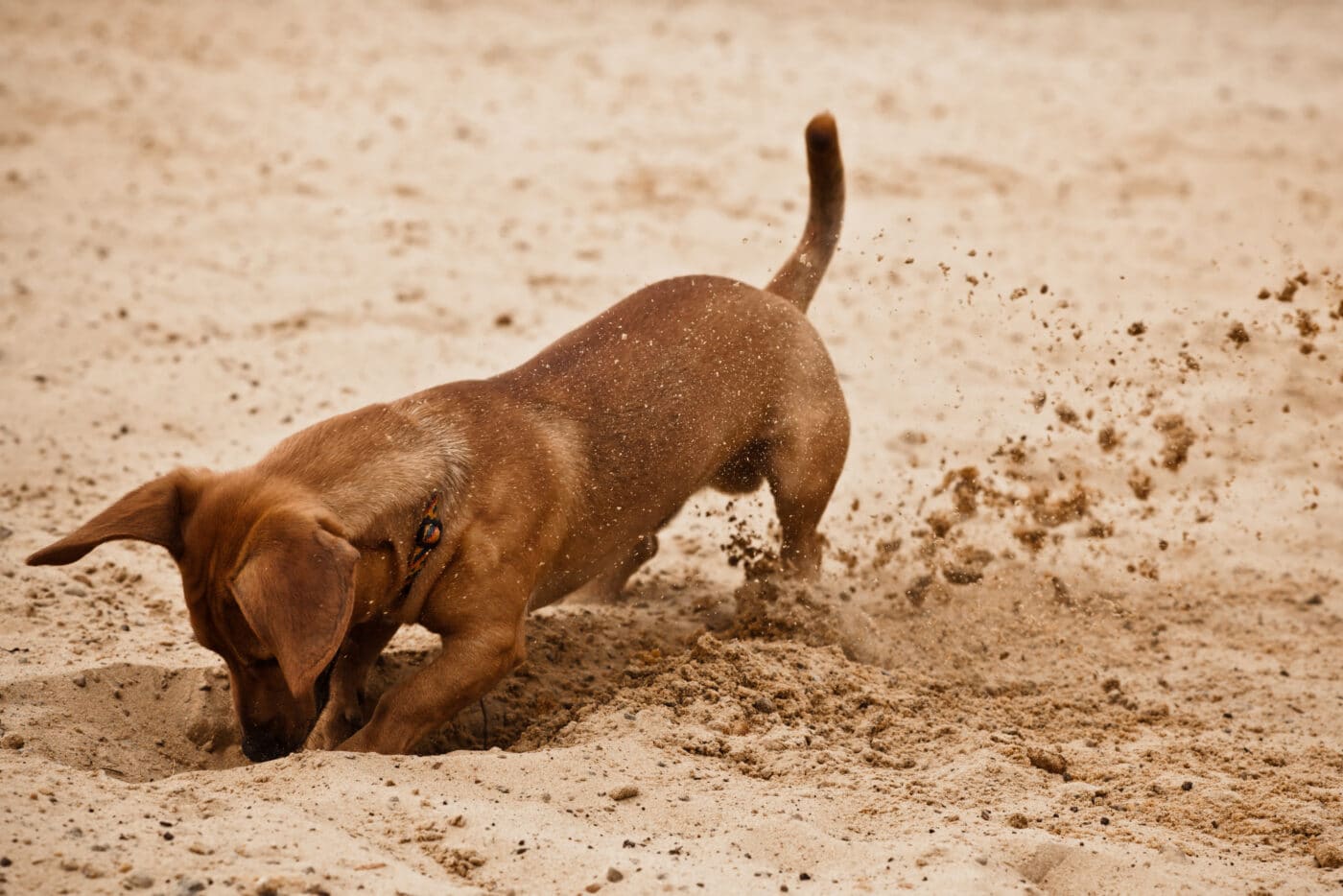 Shutterstock
Shutterstock
Dachshunds have a natural instinct to dig, a trait inherited from their days as burrow hunters. Owners often find that their Dachshund loves digging in the garden or burrowing under blankets. While this behavior is natural, it can be frustrating if your dog constantly digs the yard. Providing a designated digging spot or sandpit can help satisfy this urge in a controlled way. Dachshunds also enjoy playing with toys that mimic burrowing, like puzzle toys or toys that allow them to “dig” with their paws.
Dachshunds Can Be Loud and Vocal
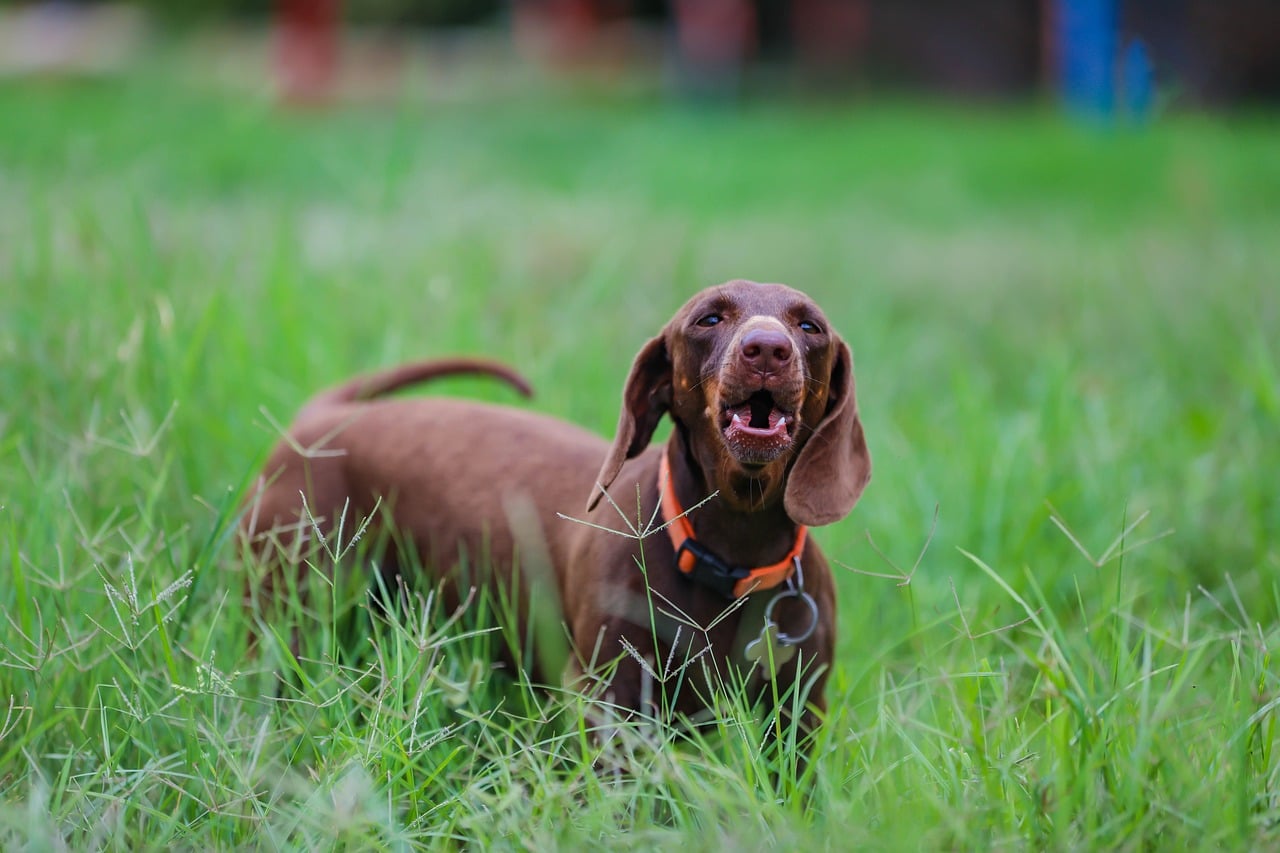 Shutterstock
Shutterstock
Despite their small size, Dachshunds are known for having a big bark. These dogs are often vocal and bark to alert their owners of any perceived threat. Dachshunds’ bark is surprisingly loud and can catch new owners off guard. They’re excellent watchdogs, but their barking can become excessive if not properly managed. Training and socialization can help reduce unnecessary barking, but it’s important to know that Dachshunds will never be completely silent. Their vocal nature is part of their personality, adding to their charm and alertness.
They Come in Different Sizes and Coat Types
 Shutterstock
Shutterstock
Many people don’t realize that Dachshunds come in various sizes and coat types. In addition to the well-known standard size, there’s also a miniature Dachshund, which is smaller and often weighs around 11 pounds or less. Dachshunds come in three coat varieties: smooth, long-haired, and wire-haired. Each coat type has its own unique grooming needs. For example, long-haired Dachshunds may require regular brushing to prevent mats, while wire-haired Dachshunds may need occasional trimming. Choosing the right size and coat type can help you find a Dachshund that best fits your lifestyle.
They’re Loyal but May Be Aloof with Strangers
 Shutterstock
Shutterstock
Dachshunds are known for their loyalty to their owners but can be a bit aloof with strangers. This breed often forms a strong bond with its family and may be wary or reserved around people they don’t know. Early socialization can help them feel more comfortable around new people and reduce any anxiety they may have. Dachshunds’ loyalty and protective instincts make them excellent companions, but they may take some time to warm up to unfamiliar faces. With proper socialization, they can learn to be friendly and confident in various social situations.
Dachshunds Love to Snuggle
 Shutterstock
Shutterstock
One of the most endearing traits of Dachshunds is their love for snuggling. These dogs enjoy being close to their owners and are known for curling up in laps or burrowing under blankets. They’re often described as “velcro dogs” because they desire to be near their humans. Dachshunds’ affectionate nature makes them great companions, especially for people who enjoy having a dog that loves physical closeness. They’re perfect for anyone looking for a dog that will happily snuggle up on the couch, adding warmth and comfort to every lazy afternoon.
They Can Be High-Energy
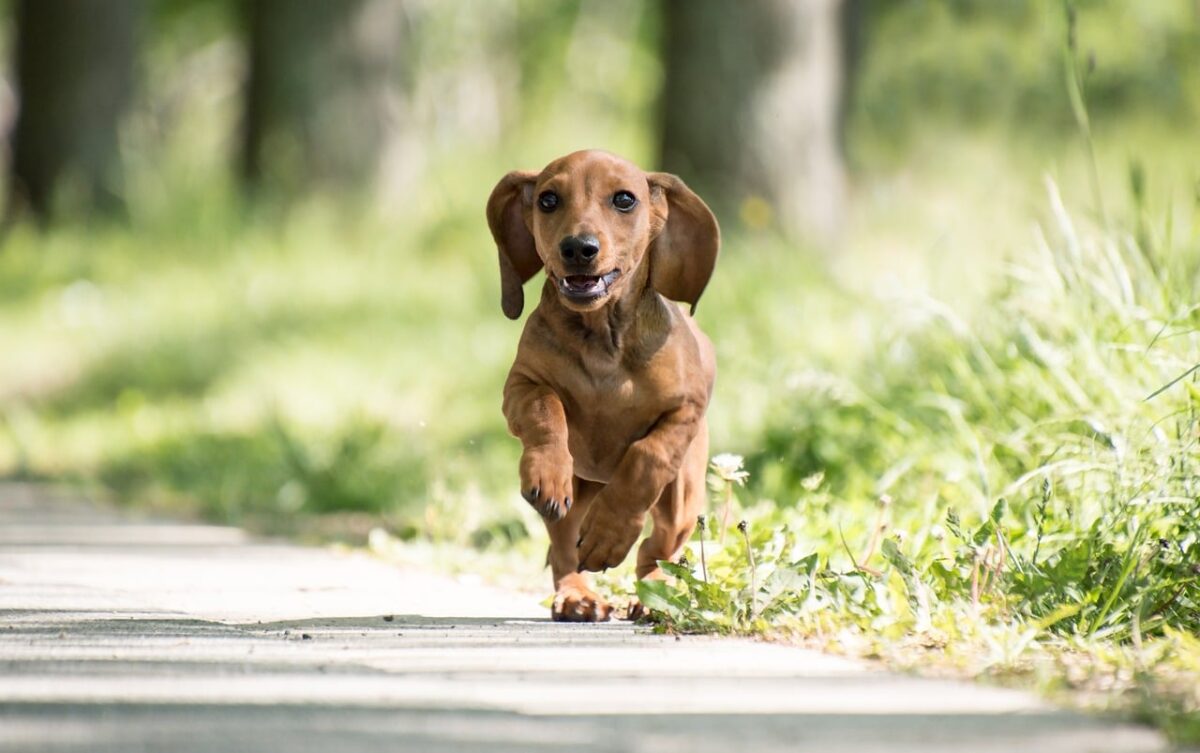 Shutterstock
Shutterstock
While Dachshunds are small, they have plenty of energy and need regular exercise to stay happy and healthy. Daily walks, playtime, and mental stimulation are essential for keeping them engaged. Without enough activity, Dachshunds can become bored or develop behavioral issues. Their hunting background means they’re active and curious, so providing outlets for their energy is important. While they may enjoy lounging with you, they also need time to explore and move around. A well-exercised Dachshund is a happy Dachshund, so be prepared to keep up with their playful energy.
They May Have Separation Anxiety
 Shutterstock
Shutterstock
Dachshunds are known for being loyal and attached to their families, which can sometimes lead to separation anxiety. These dogs don’t like being alone for long periods and may become anxious or destructive if isolated too much. Providing toys, puzzles, or a companion animal can help reduce their anxiety. Many Dachshund owners also crate-train their dogs, as a crate can offer a sense of security when they’re alone. If you have a busy schedule, it’s essential to consider whether a Dachshund will get the attention and companionship it needs.
Dachshunds Are Intelligent but Require Mental Stimulation
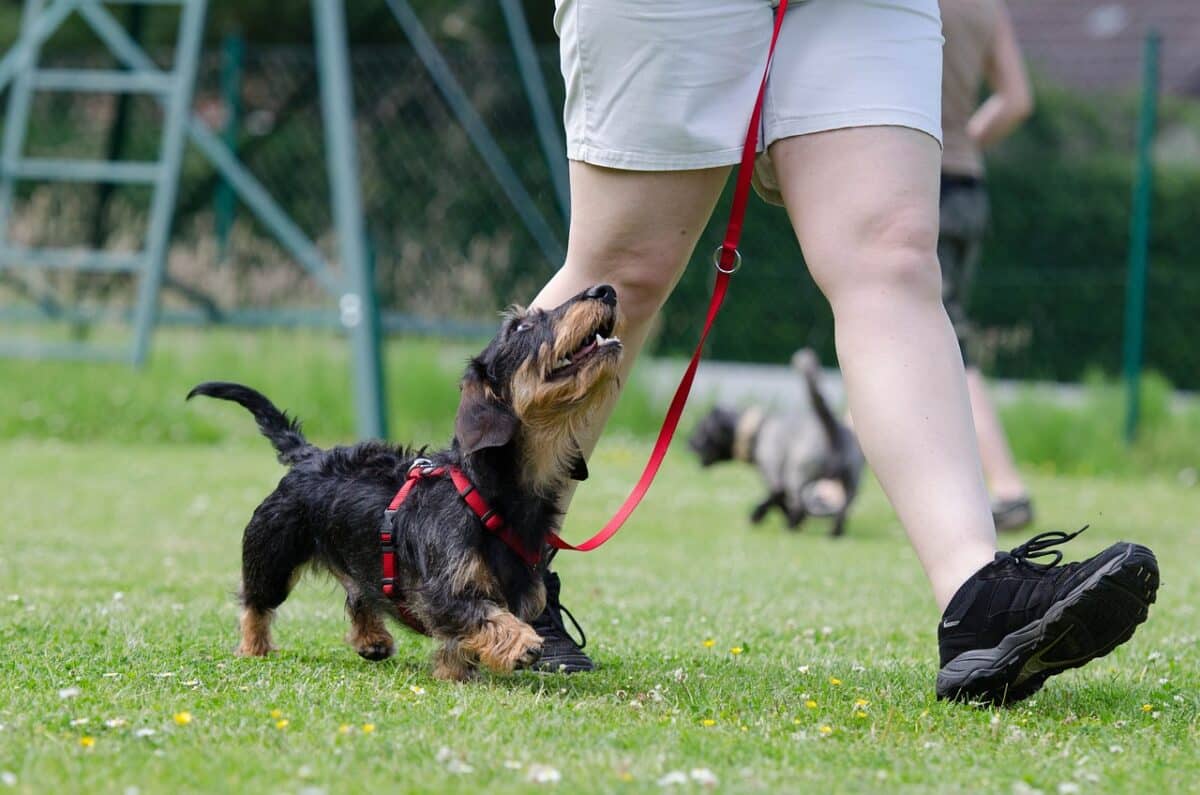 Shutterstock
Shutterstock
Dachshunds are smart dogs that enjoy learning new things but also need mental stimulation to prevent boredom. Puzzle toys, training sessions, and interactive games can help keep their minds sharp. Dachshunds are known to be problem-solvers, so providing challenges can be a fun way to engage them. Training a Dachshund can be rewarding because of their intelligence, but keeping sessions short and positive to hold their attention is essential. Mental stimulation is as important as physical exercise for Dachshunds, helping them stay happy, healthy, and well-behaved.
Ready To Live Life With A Little “Long And Low”?
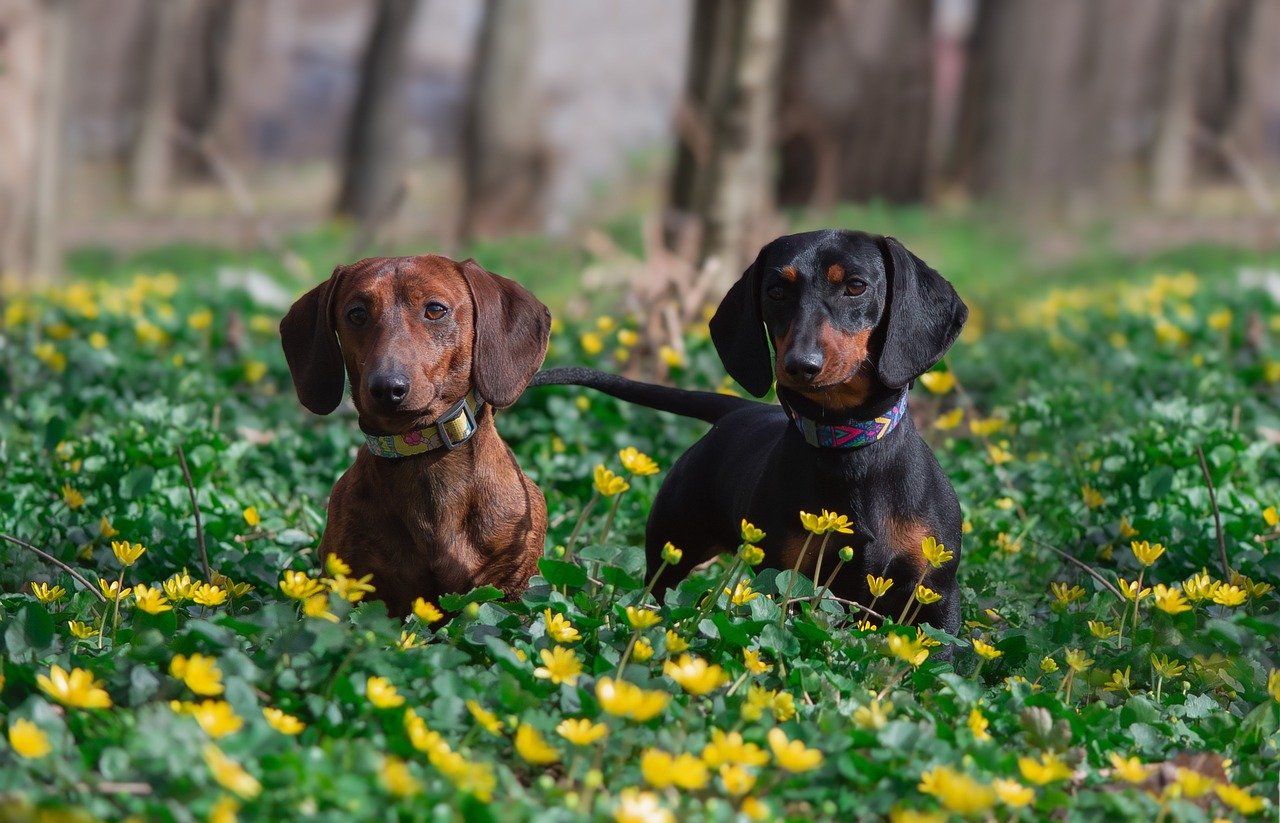 Shutterstock
Shutterstock
If you’re ready to welcome a Dachshund, be prepared for a loyal companion who’ll keep you entertained with their unique quirks. These long and low pups bring a lot of personality, whether barking at a leaf, digging in your garden, or snuggling up on the couch. Remember—once you go “wiener dog,” you’ll never look back. These little dogs have a way of stealing hearts, fitting perfectly into family life while keeping things interesting with their feisty, funny, and sometimes stubborn ways!
